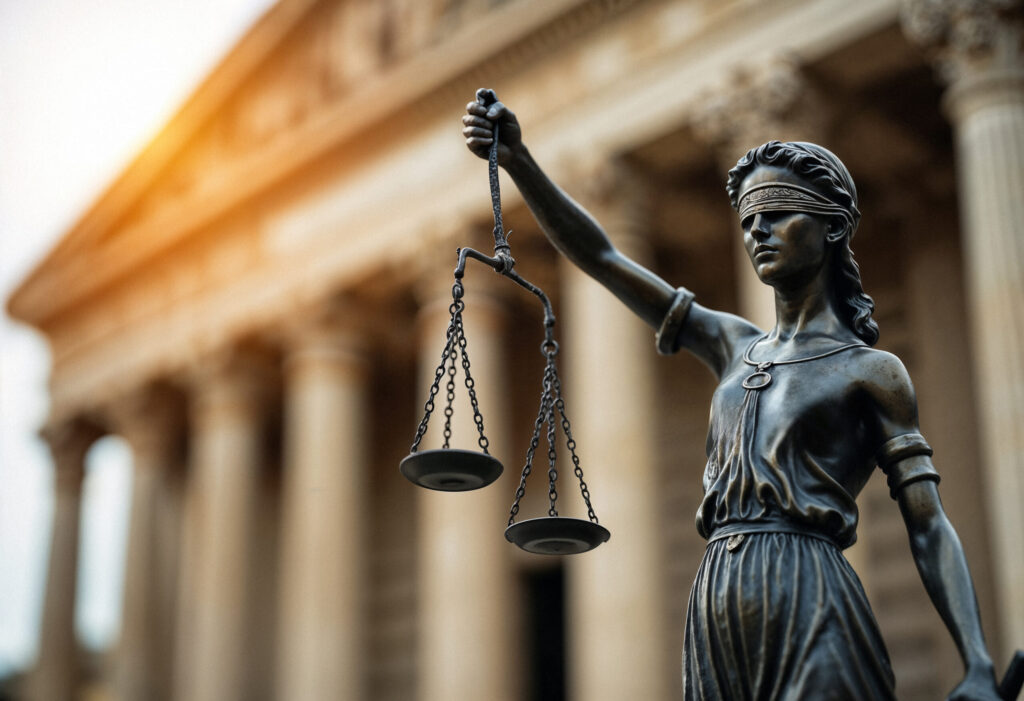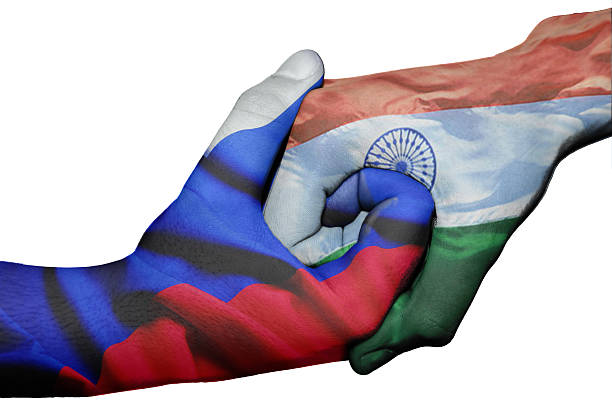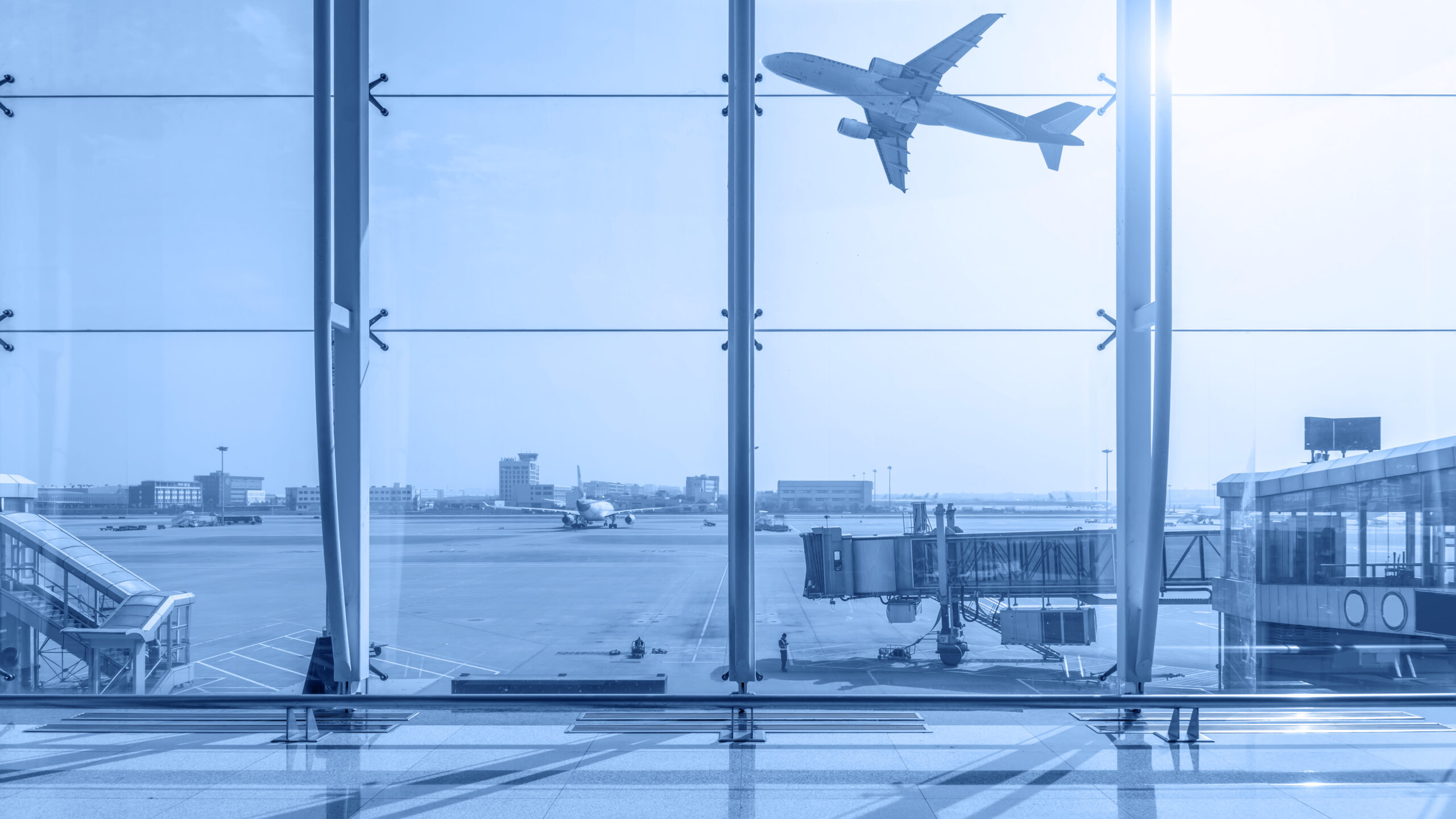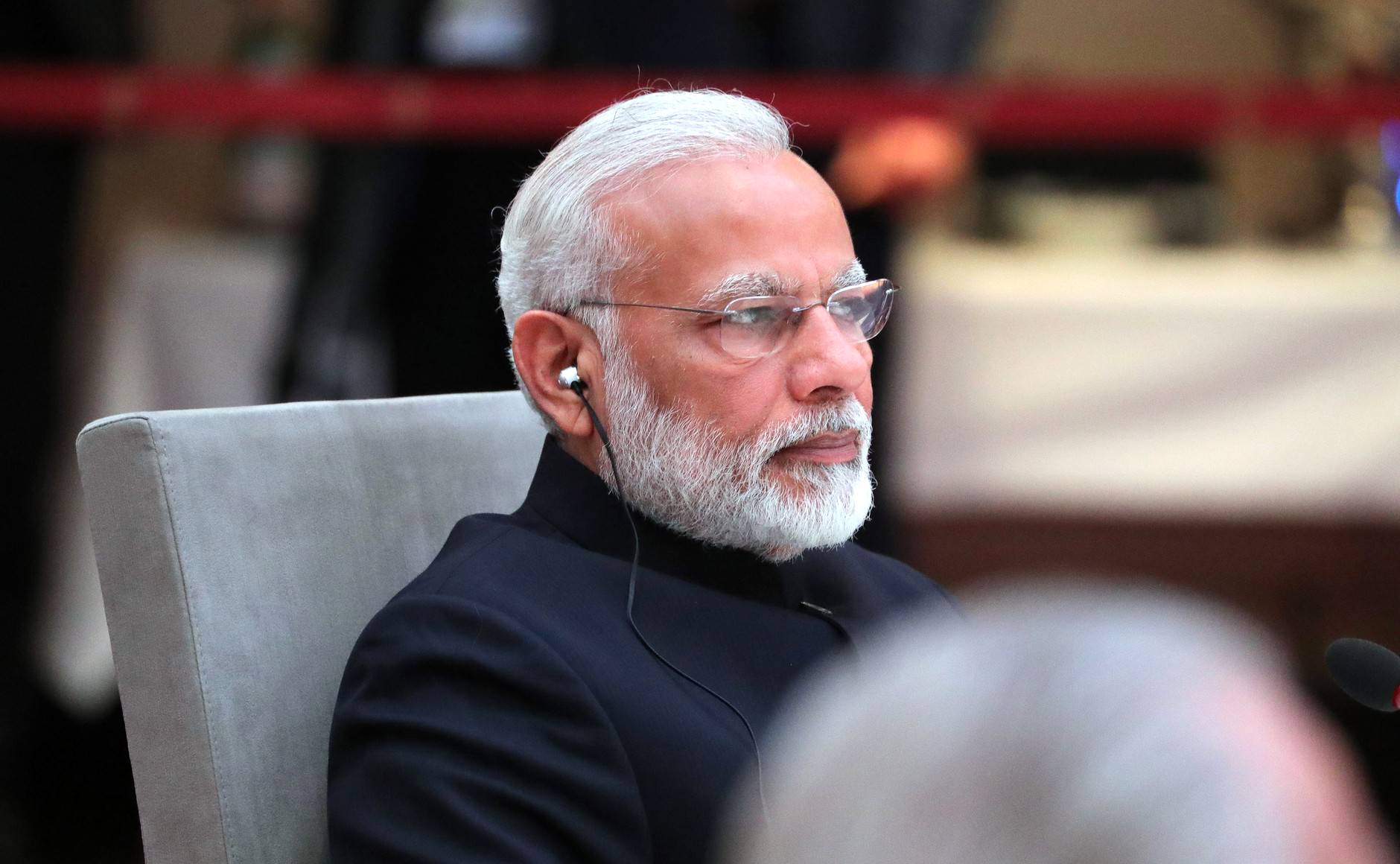The U.S. Supreme Court handed Trump a win on the birthright citizenship case. It limited lower courts’ powers and asked them to reconsider. This could impact future immigration policy challenges.

US Supreme Court Hands Major Win to Trump on Birthright Citizenship Case.
The US Supreme Court delivered a crucial ruling on Friday in favor of former President Donald Trump. The court said that lower court judges do not have the power to impose nationwide blocks on Trump’s order restricting birthright citizenship. Instead, it asked them to reconsider their decisions.
Previously, several lower courts had halted Trump’s executive order before it could take effect, creating hurdles for his administration. But with this Supreme Court decision, it will now be harder for individual judges to block such policies across the entire country.
How it began
On his inauguration day, January 20, Trump signed an executive order aiming to curb birthright citizenship. Within days, federal courts issued temporary 14-day stays, preventing the order from being implemented.
Supreme Court: Lower courts overstepped
In a 6-3 decision, the Supreme Court ruled that a single federal judge cannot single-handedly stop national policies. Now, to block an order like Trump’s, multiple parties must come together to file a broader lawsuit — it cannot be done by just one state or person.
Justice Amy Coney Barrett, writing for the majority, said federal courts exist to resolve disputes based on powers granted by Congress, not to oversee government orders like watchdogs.
However, the Supreme Court didn’t immediately clear the way for Trump’s order. It instructed that the order will remain on hold for 30 days, meaning children born in the US will continue to automatically receive citizenship — at least for now. The legal battle is set to continue.
Trump hails ruling, vows faster policy rollout
Trump celebrated the verdict, calling it a big victory for the country and thanking the Supreme Court justices. Notably, three of the nine justices were appointed by him. He criticized lower courts for blocking his policies “unfairly,” and said now his administration can quickly move to enforce its agenda. “This decision is a win for our Constitution and the rule of law,” Trump declared.
Justice Sonia Sotomayor, however, dissented sharply, calling it a mockery of the law.
What Trump’s order means for citizenship
Trump’s executive order, called the “Protecting the Meaning and Value of American Citizenship,” denies automatic citizenship in three cases:
- If a child is born to a mother living in the US illegally.
- If the mother is in the US on a temporary visa at the time of birth.
- If the father is neither a US citizen nor a lawful permanent resident when the child is born.
Under the 14th Amendment of the US Constitution, all children born on American soil have been granted citizenship since 1868. The amendment was initially meant to secure rights for Black Americans after the Civil War but has since been interpreted to include children of immigrants regardless of their parents’ status.
How ‘birth tourism’ ties in
Critics argue this law encourages people from poorer or war-torn countries to come to the US to give birth, securing automatic citizenship for their child — and, indirectly, a reason for parents to stay. This practice is often called “birth tourism.”
According to a Pew Research Center report in 2022, roughly 1.6 million Indian children have obtained US citizenship by being born there.
Impact on Indian families
Data from the US Census Bureau shows there are about 5.4 million Indians in America, roughly 1.5% of the population. Two-thirds are first-generation immigrants. This ruling could make it harder for these first-generation immigrants to secure citizenship for their children through birthright provisions.
In essence, while Trump’s order won’t take immediate effect due to the 30-day hold, the Supreme Court’s decision reshapes how easily future administrations — and individual judges — can influence sweeping immigration policies. The next phase of legal challenges is bound to be closely watched, especially by immigrant communities around the world.
Also Read:
- Foreign Students at Harvard University: Court Halts Trump’s Decision
- Russia’s Weapons Best in War, Putin Hints at Pakistan’s Loss?
- Trump Travel Ban 2.0: Who’s Affected This Time?
Author

Sahil V
Sahil V. is a passionate contributor at InsightIndia.in, specializing in world geopolitics and job-related updates. With a keen understanding of global affairs and employment trends, he delivers insightful articles that help readers stay informed and make smarter career decisions in a rapidly changing world.














